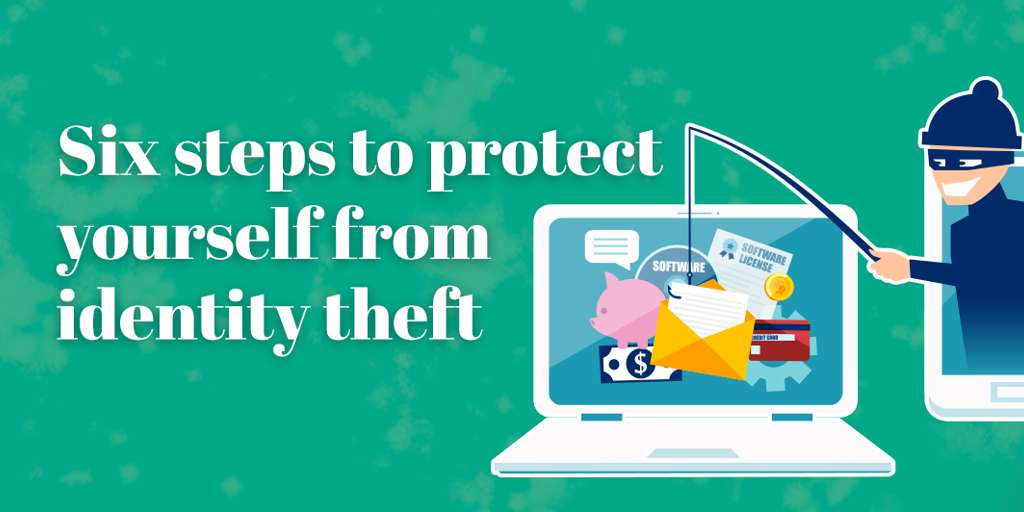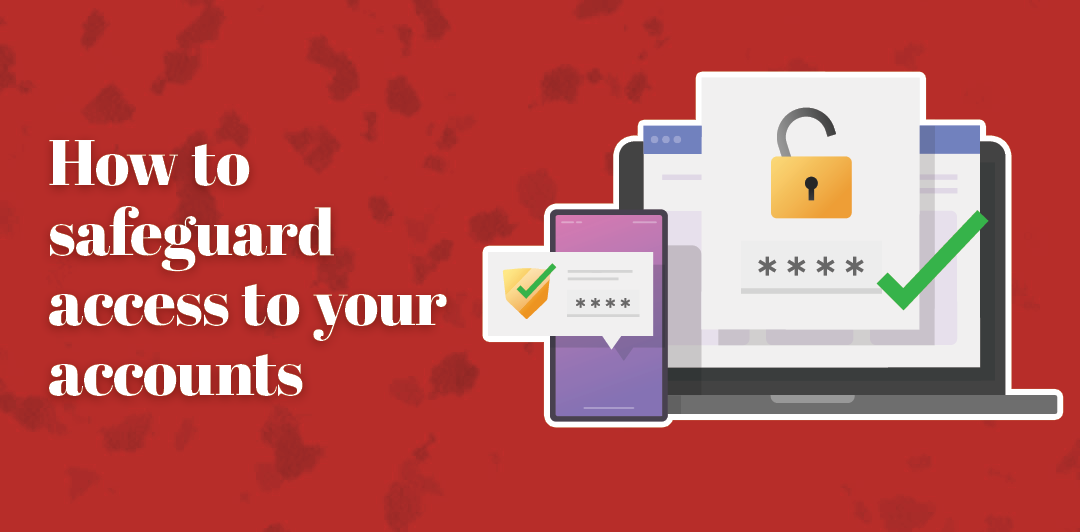


Six steps to protect yourself from identity theft
The odds of having your identity stolen are staggering.
According to research conducted by Javelin Strategy & Research, nearly 7 percent of U.S. adults became victims of identity theft in 2017 — around one in every 15 people. That’s an 8 percent increase from 2016 and a record high since Javelin began keeping tabs on identity theft in 2003.
Identity theft, according to the Federal Trade Commission, is the unauthorized use of an individual’s social security number or other personal information to open new accounts, make purchases or receive a tax refund. While it’s impossible to prevent identity theft altogether, there are things you can do to protect yourself.
 Here are six easy steps you can take to reduce your risk of falling victim to identity theft.
Here are six easy steps you can take to reduce your risk of falling victim to identity theft.
- Destroy personal records.
Shred bank statements, bills and other records that contain personal and financial information. When in doubt, play it safe and destroy it so someone can’t fish it out of your garbage.
- Use strong passwords.
Be creative with passwords for your computer, credit, bank and other accounts. Consider using a phrase with a combination of numbers, symbols and both uppercase and lowercase letters — and don’t use the same password for every account or website.
- Keep an eye on your credit report.
Carefully review your credit report at least once a year. You can get a free copy from the three major credit bureaus — Equifax, Experian and TransUnion — annually at annualcreditreport.com.
- Monitor your credit card and bank statements.
Routinely check your credit card and bank statements for suspicious activity. If you spot evidence of fraud, notify your credit card company or bank, as well as the credit reporting bureaus, as soon as possible.
- Secure your social security number.
Do not carry your social security card with you, and only give out your number when absolutely necessary. When you are asked to provide your number, ask why it is needed and how it will be guarded.
- Collect your mail regularly.
Empty your mailbox every day so individuals can’t rummage through your mail and steal documents containing sensitive financial information. If you’re going out of town, have your mail held at the post office.
If you believe you are a victim of identity fraud, visit idenitytheft.gov, the federal government’s resource for victims of identity theft.
Ray Wills is security officer at F&M Trust
Recent Articles
Join our e-newsletter
Sign up for our e-newsletter to get new content each month.






















